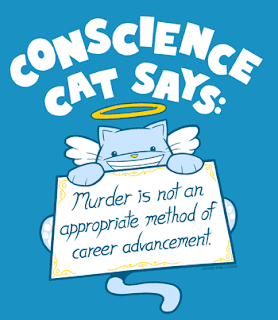Since I posted this a days ago, we sat around our tables with International Students who are eager to learn English. It was something deeply moving to hear them read Luke 8 in their own accents. Heaven is going to be populated with every tribe, nation and tongue - just the smallest of a foretaste.
The leaders gave the participants maximum opportunity to participate, basically being led by the questions and the living Word itself. In the kitchen two of our prayer-warriors prayed for ears that hear, for the work of the Spirit which people can't do, for seeing Jesus in Luke.
Here is a very simple Bible Study aimed at some highly qualified students who are working hard at improving a low-level command of English.
This could also be used by parents with young children. Instead of prep-time, busy dads and moms can dive right in with this simple material and discover together at Jesus, the Son of God in action.
"Who is this man?"
Can you remember a time when you were in a crisis and very
frightened?
Bible Study Luke 8:22-25.
22 One day Jesus said to his disciples, “Let’s cross to the other
side of the lake.” So they got into a boat and started out.
23a As they sailed across, Jesus settled down for a nap. Verse 23b But soon a fierce storm
came down on the lake. The boat was filling with water, and they were in real
danger.
24a The disciples went and woke him up, shouting, “Master,
Master, we’re going to drown!” Verse
24b When Jesus woke up, he rebuked the wind and the raging waves.
Suddenly the storm stopped and all was calm.
25a Then he asked them, “Where is your faith?” Verse 25b The disciples were
terrified and amazed.
Verse 25c “Who is this man?” they asked each other. Verse 25d “When he gives a command,
even the wind and waves obey him!”
|
1 What was the crisis in Verse 23b?
2 What was Jesus doing during the fierce storm
and why? (v 23a)
3 What do you think
the disciples thought about Jesus being asleep during the fierce storm?
4 What were the disciples shouting in verse 24a?
5 So what did Jesus
do to bring an end to the storm and what happened in verse 24b
6 What was Jesus’
question to his disciples in verse 25a?
What did Jesus mean by faith? How would the disciples have felt in the storm if
they had confidence in Jesus?
7 How did the disciples react after they saw Jesus’ power
over creation? 25b? And what question did they ask and why? Verse
25c
8 How does this miracle show us that Jesus is the Son of
God? (Verse 25d)
The disciples were starting to learn who Jesus was. “Who is this man?” becomes one of the most important questions we ever ask ourselves about Jesus.
Vocabulary
Disciple: a
follower of a teacher. (verse 24) Starts
out: to begin a journey. (verse 22)
Nap – sleep Lake:
a large area of water surrounded by landRebuked
-expressed disapproval
Faith - complete
trust or confidence; Obey – listen to




